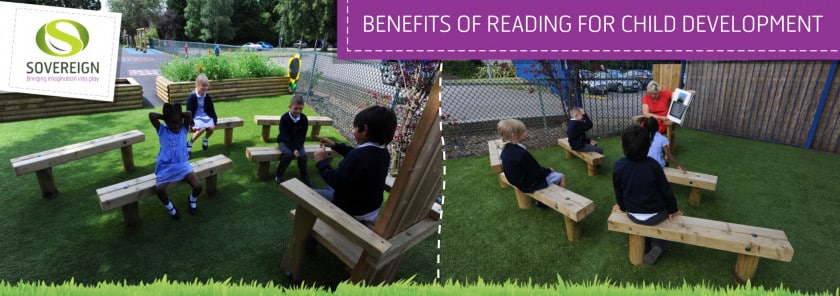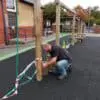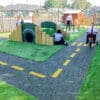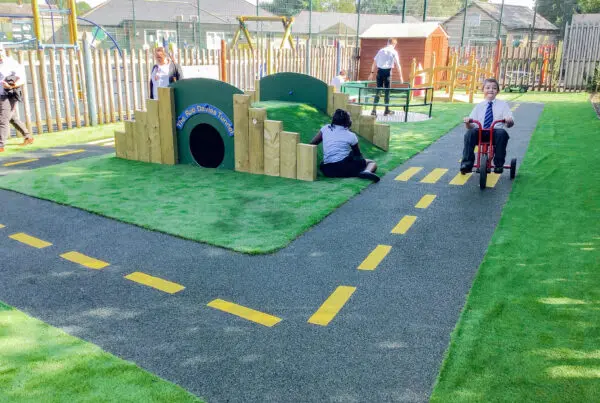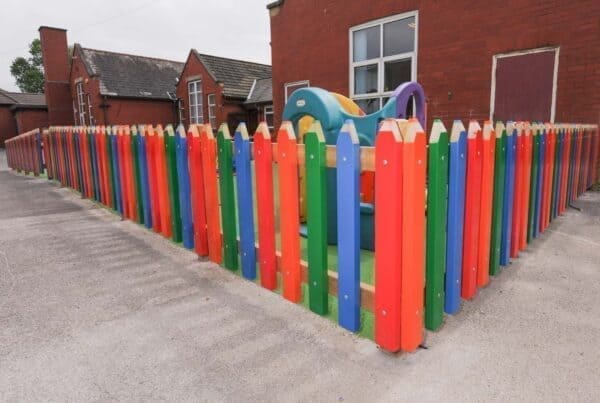In the digitally-dominated world of today, children are spending more of their spare time looking at screens. As a result, previously popular pastimes like playing outside and reading, are becoming less likely to engage children. Although schools are great places to encourage reading, children can benefit greatly from being read to at home.
Reading is an essential tool to help children develop basic literacy and communication skills. It promotes children’s cognitive development, which is their ability to understand the world around them. By providing children with a greater understanding of their surroundings they can begin to make sense of what they see and hear. Children that are regularly read to will develop an increased attention span and have improved concentration.
Parent-child reading is a great way of bonding, particularly for young children. Taking time out of a busy day to read is a great way of spending quality time together. By giving them your full attention, which we know can be difficult with the pressures of everyday life, you are reassuring them and projecting feelings of love and nurturing which are essential to early development.
Books are filled with an array of words and illustrations that are key to broadening their imaginations. An active imagination is key to helping them develop fundamental problem-solving skills by enabling them to think outside the box. This is key to developing creativity and nurturing a lifelong affection for reading.
A broad imagination is key to helping children understand their feelings and emotions, and can also be a fantastic stress-reliever. Studies suggest that reading stories with strong fantasy themes increases a child’s ability to handle stress, which can be a useful coping mechanism.
This helps to spark their natural curiosity and interest in the world around them. From looking at pictures as they are being read to, young children will begin to recognise objects in the world around them. This helps them to understand the difference between fiction and the real world.
Reading to children exposes them to different language and sounds, which contributes to increasing the speed at which they learn. By absorbing vocabulary that is not used as frequently in everyday conversation, children build a more extensive lexicon, which is beneficial when they begin learning to read.
World Book Day 2020 is taking place on Thursday 5th March, to celebrate reading and help their mission of getting one book for every child.
